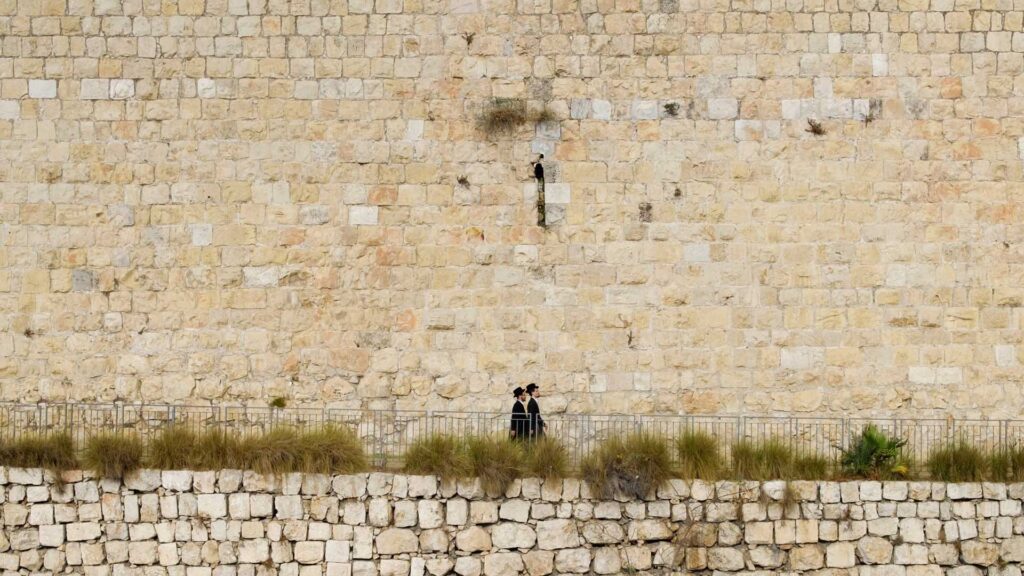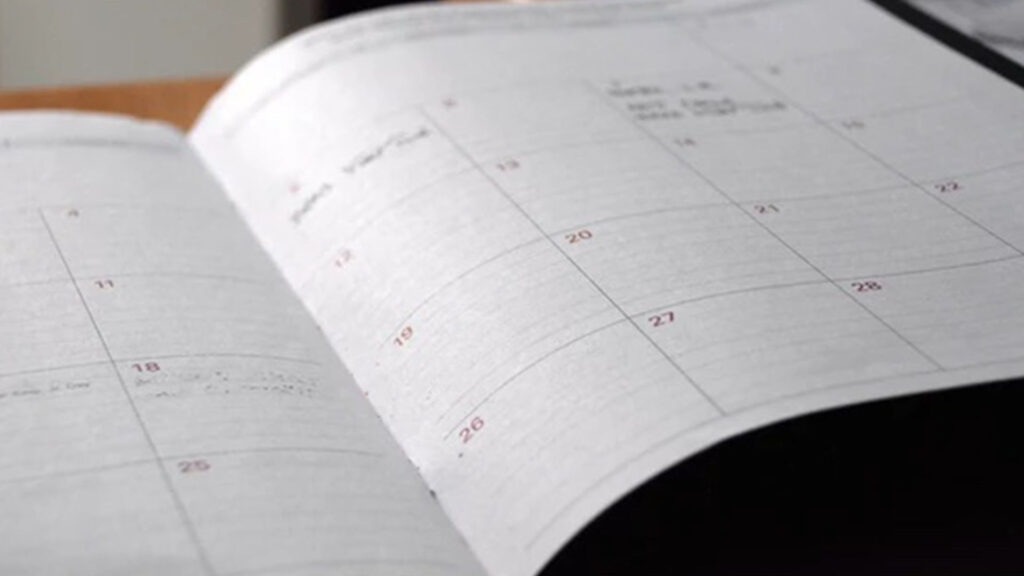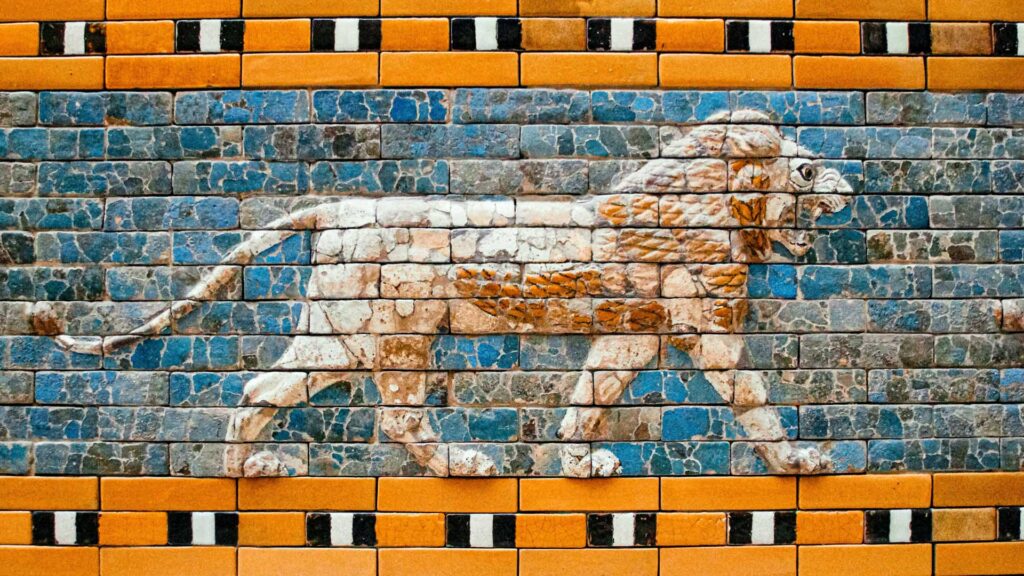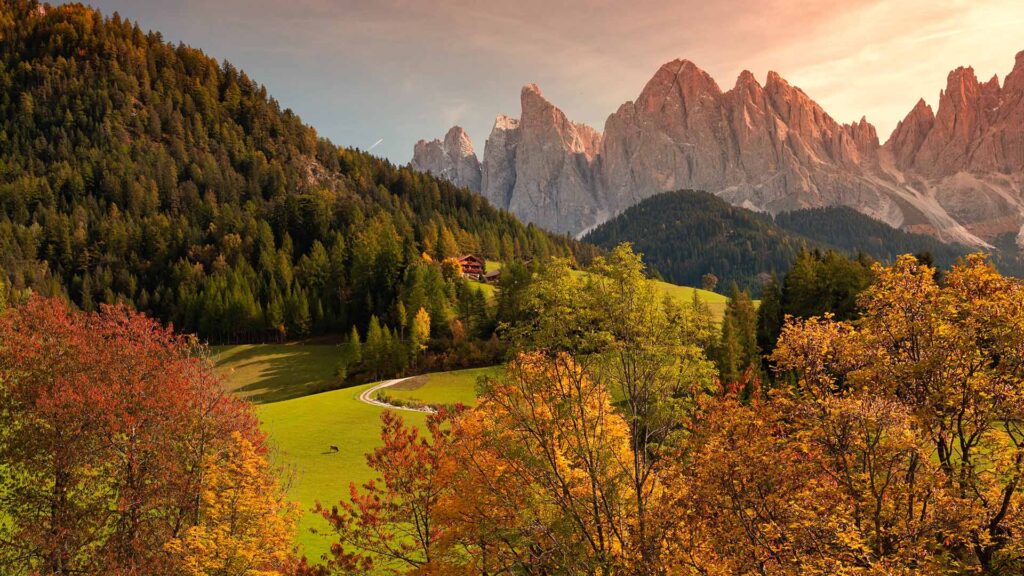
Jerusalem attacked on the Sabbath
In the centuries leading up to the time of Christ, the Sabbath was often chosen by the Jews’ enemies as the preferable day for an attack. Like Nebuchadnezzar and the Babylonians had done three centuries earlier, in about BC 300 Ptolemy I occupied Jerusalem on the Sabbath because he knew that the Jews would not fight on that day. At the beginning of the Maccabean Rebellion (BC 168-142), a group of insurgent Jews took refuge with their families in the caves of the Judean Desert. When attacked by the Syrians, the Jews refused to fight, and were slaughtered. Because of this experience, Mathathias, the leader of the revolt, thereafter fought on the Sabbath, but only when they were attacked. In BC 63 the Roman general Pompey marched against Jerusalem. Knowing that the Jews would only fight in self-defense on Sabbath, the Romans used the Sabbath days to build and raise earthworks against the city, which the Jews did nothing to stop. After a three-month siege, Pompey took the city on a Sabbath day. In BC 37 Jerusalem again fell to the Romans on a Sabbath day. In spite of Rome’s attacks on the Sabbath, from the time of Julius Caesar on, the Roman authorities issued several edicts granting the Jews the right to live by their own laws, and particularly exempting them from military service and lawsuits on the Sabbath.





